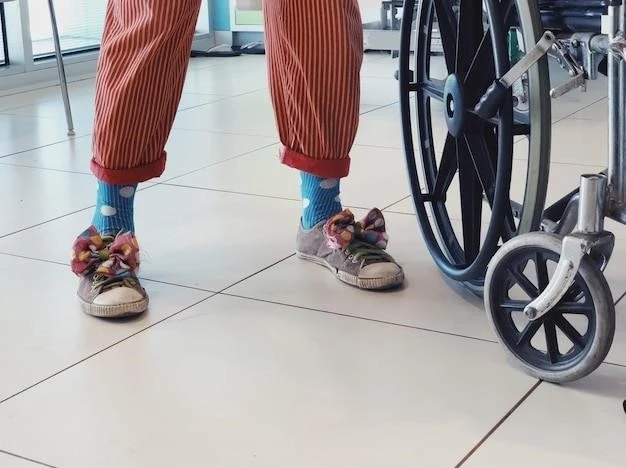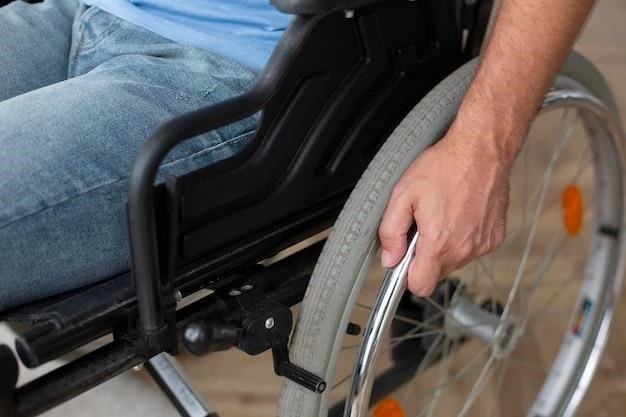Introduction to Spastic Paraplegia Type 6, Dominant
Hereditary Spastic Paraplegias (HSPs) are a group of neurodegenerative disorders that affect the corticospinal tracts, leading to spasticity and weakness of the lower extremities.
Overview of Hereditary Spastic Paraplegias
Hereditary spastic paraplegias (HSPs) are a group of neurodegenerative disorders affecting the corticospinal tracts, leading to spasticity and lower limb weakness. HSPs are genetically heterogeneous with varying clinical presentations and inheritance patterns. These conditions primarily impact the upper motor neurons, causing progressive gait disturbances and muscle stiffness. Understanding the underlying genetic mutations is crucial for diagnosing and managing different types of HSP.
Clinical Manifestations and Genetic Basis
Spastic Paraplegia Type 6 presents as a rare form of autosomal dominant Hereditary Spastic Paraplegia. It is characterized by lower limb spasticity, hyperreflexia, and bladder disturbances.
Characteristics of Spastic Paraplegia Type 6
Spastic Paraplegia Type 6, as an autosomal dominant form of Hereditary Spastic Paraplegia, is rare and typically presents in late adolescence or early adulthood. It is characterized by lower limb spasticity, hyperreflexia, pes cavus, and mild bladder disturbances.

Diagnosis and Differential Diagnosis
Diagnosis of Spastic Paraplegia Type 6 involves genetic testing for mutations in the NIPA1 gene. Differential diagnosis includes other types of hereditary spastic paraplegias.
Identification and Testing for SPG6
Spastic Paraplegia Type 6 is diagnosed through genetic testing for mutations in the NIPA1 gene located on chromosome 15q11. This testing helps confirm the presence of the autosomal dominant hereditary spastic paraplegia type 6.
Treatment and Management Strategies
Treatment for Spastic Paraplegia Type 6 focuses on symptom management٫ physical therapy٫ assistive devices٫ and medications to alleviate spasticity and improve quality of life.
Current Approaches to Symptomatic Relief
Management strategies for Spastic Paraplegia Type 6 aim to alleviate symptoms through physical therapy٫ assistive devices٫ medications٫ and interventions targeting spasticity and motor impairment. These approaches focus on improving the quality of life for individuals affected by this condition.

Genetic Counseling and Prognosis
Understanding the mode of inheritance and genetic testing options for Spastic Paraplegia Type 6 is crucial for accurate diagnosis and counseling on disease progression and inheritance patterns.
Understanding Inheritance Patterns and Counseling Options
Hereditary Spastic Paraplegia Type 6, as an autosomal dominant disorder, follows a specific mode of inheritance that necessitates genetic counseling for affected individuals and their families. Counseling assists in understanding the implications of the condition and aids in making informed decisions regarding family planning and management strategies.
Ongoing Research and Future Directions
Researchers are investigating molecular mechanisms and potential therapies for Spastic Paraplegia Type 6. Future studies aim to improve diagnostic tools and develop targeted treatments for this condition.
Advancements in Studying SPG6 and Potential Therapeutic Targets
Recent research has focused on unraveling the molecular mechanisms underlying Spastic Paraplegia Type 6 and identifying potential therapeutic targets for more effective treatment strategies. Understanding these targets could lead to the development of novel therapies to address the progression of the disease and improve outcomes for individuals with SPG6.
Support Resources for Individuals and Families
Organizations like the Genetic Alliance, The Lilly Blair Foundation, and the National Organization for Rare Disorders offer support and information for individuals and families affected by HSP.
Organizations Providing Assistance and Information on SPG6
Support resources for individuals and families affected by Spastic Paraplegia Type 6٫ dominant٫ are available through organizations like the Genetic Alliance٫ The Lilly Blair Foundation٫ and the National Organization for Rare Disorders (NORD). These organizations offer valuable information and support to navigate the challenges of living with SPG6.
